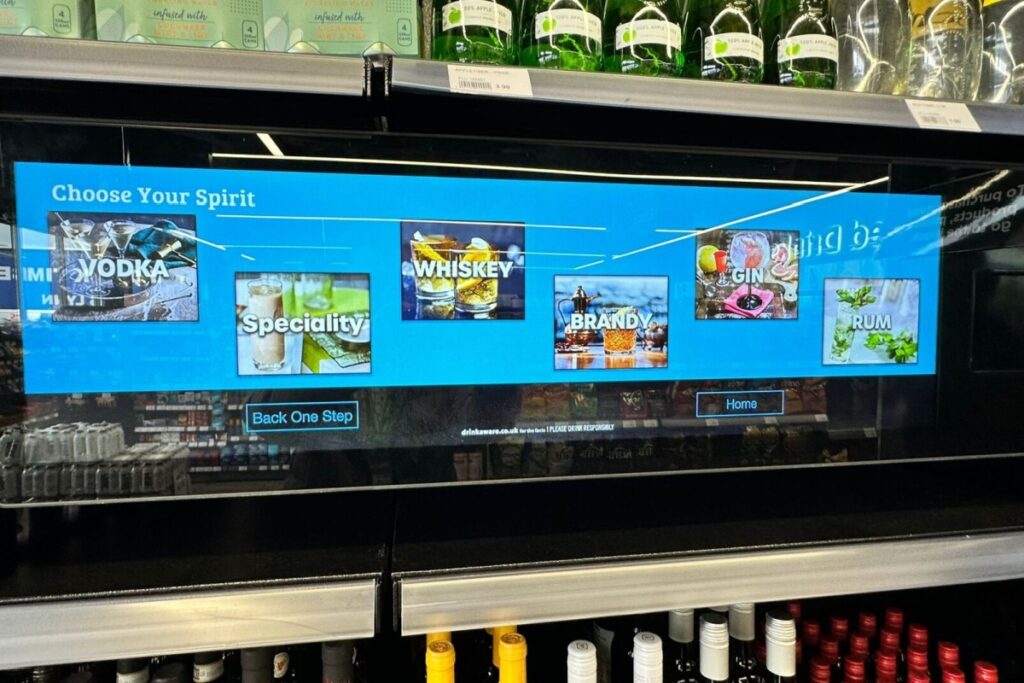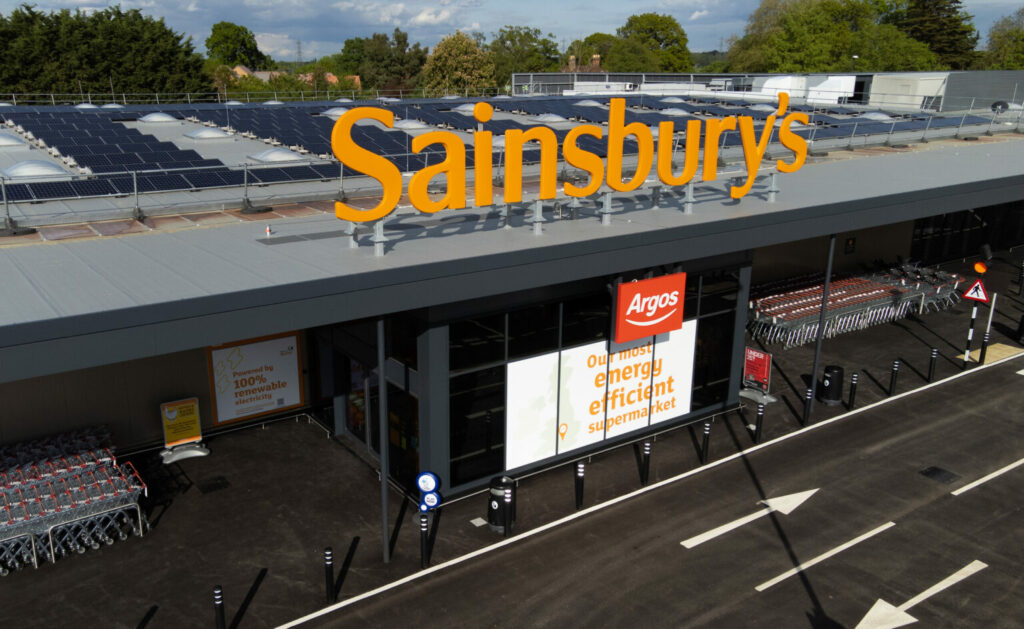Morrisons has started an initiative to recruit more than 200 new UK food suppliers within the next years to cut the reliance on foreign products.
The news comes after a report commissioned by the Big 4 grocer found that only 52 per cent of what the UK eats comes from the country’s farmers.
The report, by University of Leeds‘ Professor Tim Benton, looks at the risks that come with a global food supply chain.
It warns that increased frequency in severe weather events caused by climate change could compromise food supply, such as the recent shortages of fresh produce due to poor weather in southern Spain, where more than 80 per cent of the UK‘s leafy vegetables come from during winter.
The report also warns how major shifts in political, such the election of US President Donald Trump and Brexit, could impact food supply due to potential changes in global trading relationships.
READ MORE: Morrisons reports best sales in 7 years
“The future of the UK food system that we advocate is a response to the risks and uncertainties of the future. It is not to disengage from reliance on global trade, but to hedge our bets by increasing local production for local consumption,” Benton writes.
Morrisons chairman Andy Higginson said although the grocery chain was already “British farming‘s single biggest customer”, Benton‘s report makes them want to produce and source more food from local British suppliers.
“We want small UK food suppliers to become bigger ones and we also want to give our customers the option of more food that meets their local food tastes,” Higginson said.
Benton‘s report highlights how UK production of high-value crops shot up between 1997 and 2006 – such as the 125 per cent increase of strawberry output.
However, he argues there is an opportunity to expand in other areas as production of most of the 20 indigenous fruits and vegetables grown in the UK has slid, such as how orchards now account for 25,100 hectares compared with 113,000 hectares 50 years ago.
Benton also points out that the potential for self-sufficiency varies with the type of food. For example, more than 80 per cent of the eggs, meat and dairy and 62 per cent of the cereals the UK consumes are produced locally, while only 23 per cents of consumed fruit and vegetables are grown here.
In addition, Benton writes that even if all the UK-grown produce was consumed domestically, it would still fall below two-thirds of British demand and the local production of some foods would require investment.
Click here to sign up to Retail Gazette’s free daily email newsletter

















